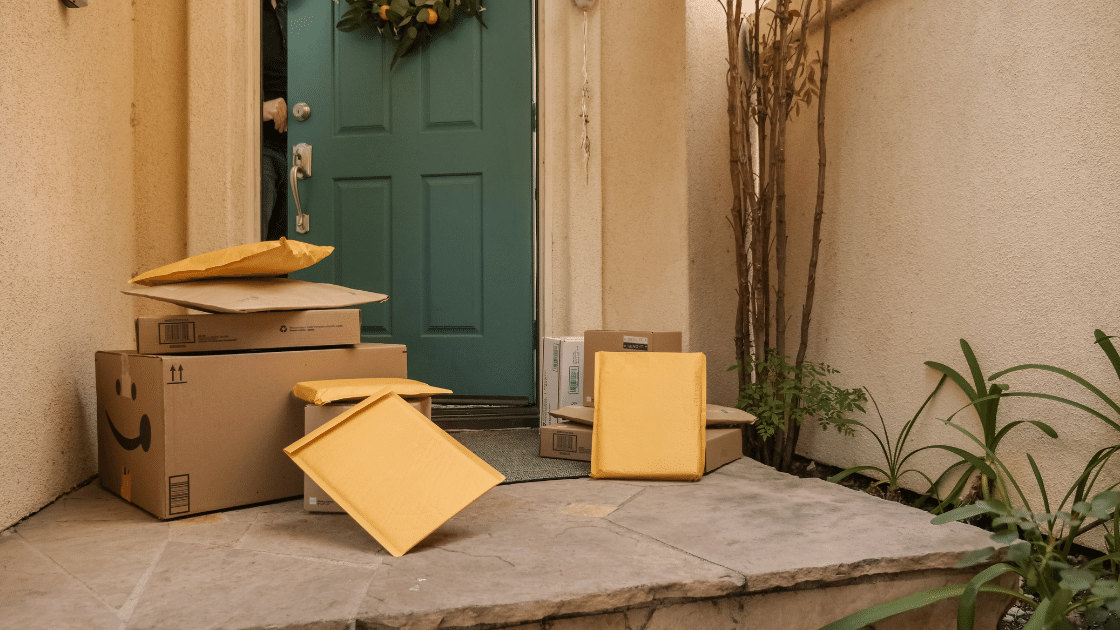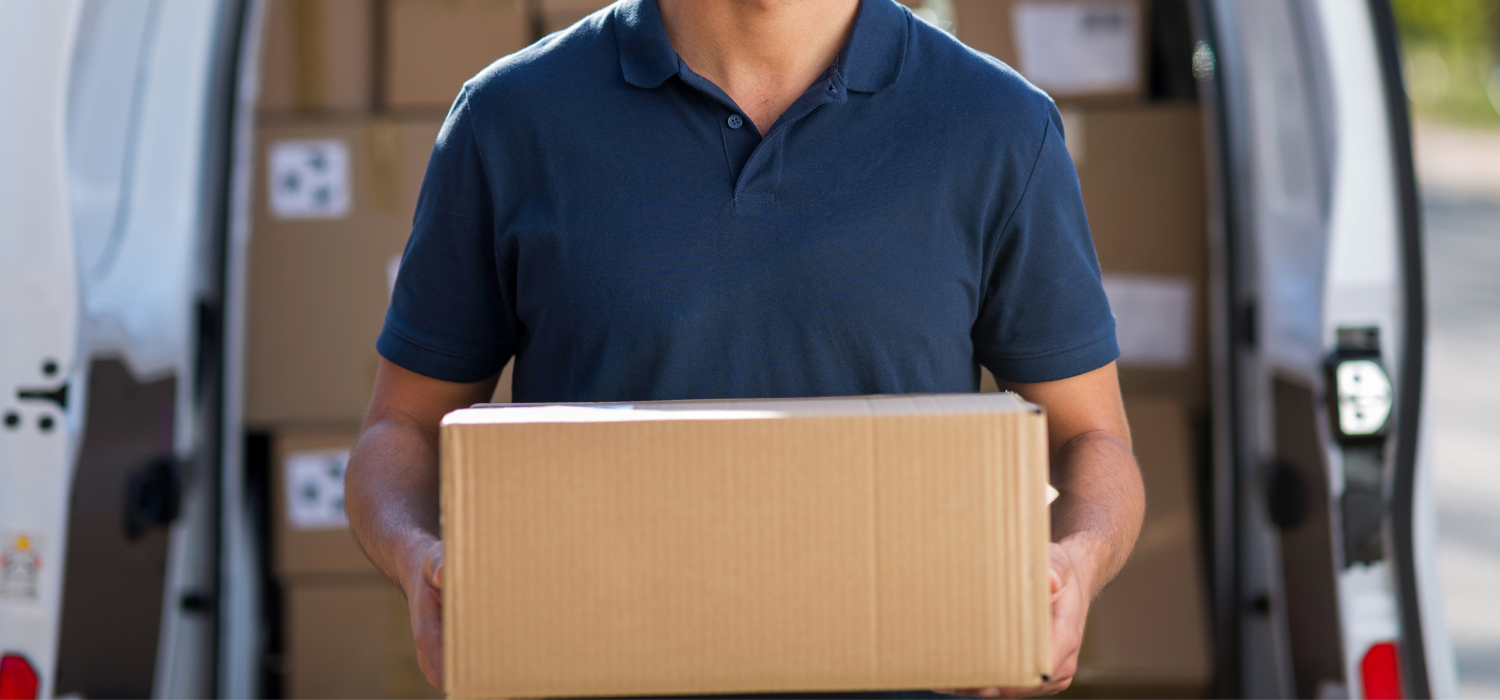When you have an online sales channel, you need to guarantee your customers the best possible shopping experience. We have also explained this by describing the five stages of the customer journey and its impact on eCommerce.
Logistics as a marketing lever
A further element to be taken into account to ensure a satisfactory shopping experience is undoubtedly logistics.
“Logistics today is to all intents and purposes a marketing lever,” explains Massimo Marciani, president of Freight Leaders Council, an association that brings together the main companies active at every stage of the supply chain to contribute to the development of sustainable logistics. “According to data from the Milan Polytechnic,” continues Marciani, “today 34% of end consumers choose an online sales channel for the transport services of the goods they order. For this reason, companies cannot disregard offering a quality and above all sustainable logistics service, both from an environmental as well as an ethical and social point of view’.
Indeed, as we have repeatedly said, consumers’ needs are becoming increasingly important, so much so that they expect to be able to receive an order quickly, but above all where and when it is most convenient for them. Added to this is the need to be able to track the delivery status of one’s order, from the warehouse to delivery.
From quality product to quality service
Efficient and effective supply chain management, therefore, generates added value from the point of view of customer satisfaction, guaranteeing greater chances of customer loyalty. In other words, it is no longer enough to offer quality products, but it is increasingly necessary to offer a quality service as a whole.
So how do we respond to the needs of eShoppers? Technological innovation, digital transformation, blockchain and other elements that represent the future of the logistics sector are the answer.
Five eCommerce logistics trends for 2022
1. Big Data
Data is perhaps the most valuable resource of our century. Thanks to it, it is possible to find, analyse and store a potentially infinite amount of information relevant to your business. Thanks to their use, it is therefore possible to better manage market demands, preventing sudden work peaks and thus optimising the distribution chain and the quality of logistics processes.
2. IoT, Machine Learning and Artificial Intelligence
These three elements are indispensable for optimising transport times and routes, ensuring faster and more accurate deliveries and reducing the risk of errors and, therefore, dissatisfaction on the part of end users. But that is not all. These systems also make it possible to determine the best arrangement of parcels within warehouses and vehicles, thereby also optimising warehouse management and goods handling operations.
3. Automation
The next step after the one mentioned above is undoubtedly automation at every stage of the supply chain, from picking orders in the warehouse to packing and storing them and loading/unloading vehicles for deliveries. As proof of this, the so-called Dark Warehouse and Dark Stores, which we have also discussed here, are also growing steadily.
4. Blockchain
According to data from the Blockchain & Distributed Ledger Observatory of the Politecnico di Milano, the value of investments by Italian companies in innovative technologies is 23 million euros. Of the total number of active Blockchain projects worldwide, 6% concern the logistics sector, while 21% relate to tracking and supply chain management operations. Blockchain, in fact, makes eCommerce logistics safer and more efficient by guaranteeing better traceability of goods, as well as digital management of transport documents and fleet monitoring.
5. Order Tracking
As mentioned above, there is a growing demand from users to be able to track the delivery status of their order at any time. It therefore becomes essential for eCommerce logistics operators to offer active, real-time order status tracking services to ensure customer satisfaction.












